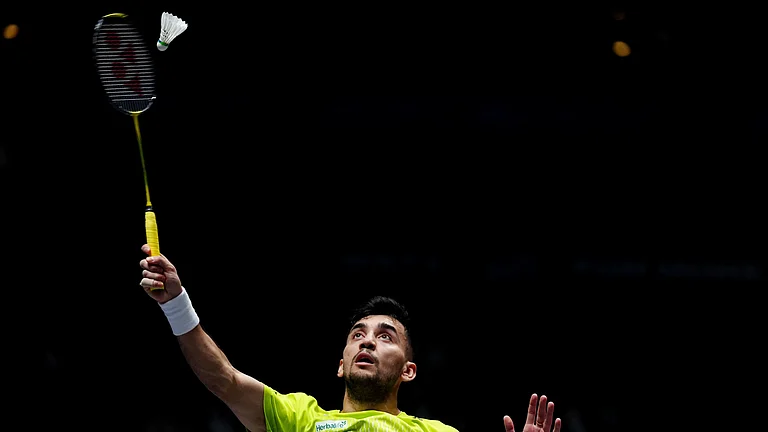The Centre on Monday told the Supreme Court that the Pulwama terror attack in which 40 CRPF jawans were killed, was one of the triggers behind scrapping of Article 35A in order to reintegrate Jammu and Kashmir fully into the Indian Union.
Solicitor General Tushar Mehta, appearing for the Centre, said citizens have been misguided that the special provisions for Jammu and Kashmir were "not discrimination but a privilege". "Even today two political parties are before this court defending Article 370 and 35A." However, he did not mention the names of the political parties.
"It is being said that as if we did something surreptitiously as if we had some sinister plan! a lot of things happened.. Pulwama happened in early 2019.. and it was done thinking a lot of things in mind such as as sovereignty, national security issues etc in mind.." the SG told the top court, while justifying the scrapping of Article 35A. Forty Central Reserve Police Force (CRPF) personnel were killed in the terrorist attack on a convoy of security vehicles in Jammu and Kashmir's Pulwama in February 2019.
The SG further said that Article 35A was 'discriminatory'. "Under the provision (A-35A), people like sanitation workers working in the erstwhile state for decades were not given equal rights like that of permanent residents of J-K. This discrimination continued till the provision was abrogated in 2019," he argued.
What the Supreme Court said
Noting the SG's observations, CJI DY Chandrachud said that by enacting Article 35A, "you virtually took away fundamental rights" of equality, liberty to practice profession in any part of the country and even granted immunity from legal challenges and the power of judicial review.
The Centre also argued that the Constituent Assembly in J&K always meant the Legislative Assembly. The bench, however, did not seem to agree with the plea that the Constituent Assembly of the erstwhile state, which was disbanded in 1957, was in reality a legislative assembly.
The SG's interpretation is key to the case as the President of India could amend (and therefore abrogate) Article 370 with the consent of the Constituent Assembly of J&K. Those opposed to the abrogation of Article 370 argue that as the Constituent Assembly ceased to exist in 1957, the power to amend or abrogate Article 370 also ceased to exist and the provision became permanent.
The Modi government, on the other hand, interpreted that the powers of the Constituent Assembly transferred to J&K legislative assembly and, since at the time of abrogation the legislative powers were with the Parliament, the Parliament could also amend or abrogate Article 370.
The hearing remained inconclusive and would continue on Tuesday.






















